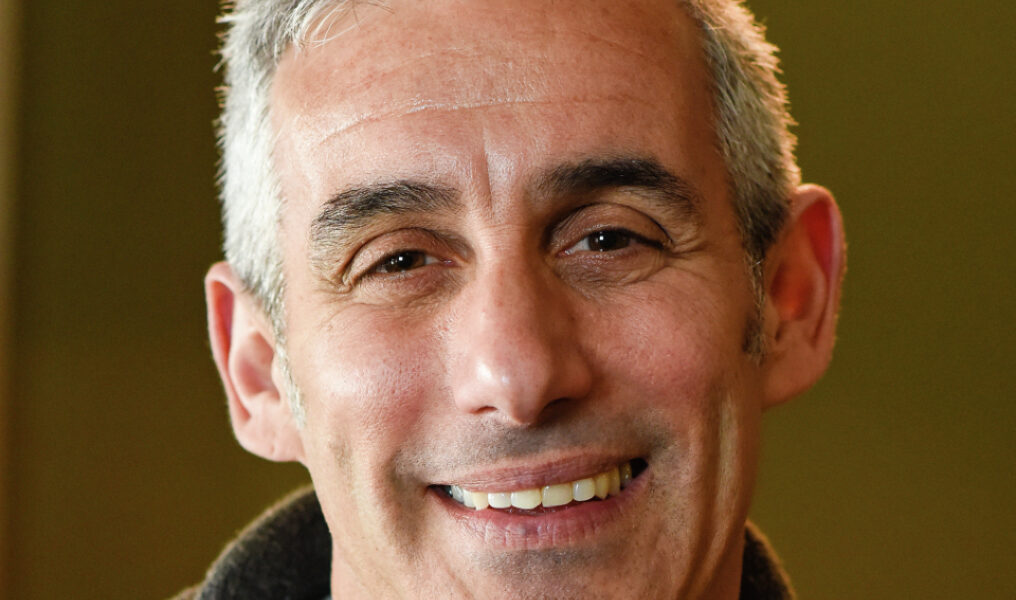Some are misinterpreting last week's Supreme Court's decision in the Masterpiece Cake case, as providing a license to discriminate against LGBTQ people. This is patently false. The Court's ruling in favor of the cake shop was based on very narrow and specific circumstances regarding respecting religious freedom while enforcing antidiscrimination laws.
In 2012 Charlie Craig and David Mullins asked Colorado baker Jack Phillips to make their wedding cake. He refused based on his religious belief that marriage should be limited to one man and one woman. The couple filed a complaint with the Colorado Civil Rights Commission which held that Philips had violated Colorado civil rights law that prohibits discrimination on the basis of sexual orientation.
The U.S. Supreme Court reversed the Commission and Colorado courts, reasoning that the Commission had not given unbiased consideration to the bakery's religious-based defense. While it is disappointing that the bakery's discrimination against Charlie and David gets to go unchecked in this case, it is only because of the Court concluded that the Commission treated Phillips unfairly by being too hostile to his religious beliefs.
Jack Phillips may have won the battle, but he did not win the war.
The Court reaffirmed the principle from more than 50 years ago, that when a business opens its doors to the public, it must be open to all. The Court also said that states can have laws and enforce laws that protect LGBTQ people from discrimination. And the Court said that LGBTQ people may "… be spared from indignities when they seek goods and services in an open market."
As we are already seeing, some are arguing that religious beliefs provide an exemption to having to comply with civil rights laws protecting LGBTQ people against discrimination. No doubt we will see more efforts to permit discrimination against our community by opponents of LGBT rights through legislation and legal challenges. But the Court did not change the status quo of legal jurisprudence. The Supreme Court protected the core principle that states can enforce their civil rights laws protecting LGBTQ people, so long as these laws applied neutrally and fairly across the board.
So what can we do as a community in response to the decision? It's important to realize that many parts of the country, including Michigan, do not explicitly protect LGBTQ people from discrimination in stores and restaurants, let alone housing and the workplace.
In fact, 60 percent of our states lack these protections. Businesses, religious leaders, civil rights advocates, health organizations, labor groups, LGBTQ people and our friends, families and allies are joining together to try to amend the Michigan Elliott-Larsen Civil Rights Act of 1976. Specifically, to include sexual orientation and gender identity, and are calling on the U.S. Congress to pass the Equality Act (the first federal LGBTQ civil rights law) and create one set of rules for everyone. It's time for our nation's laws to catch up to our nation's values and protect all of us from discrimination, so that no one can be fired from their job, denied a place to live or turned away from a business simply because of who they are.
Last week's court decision was not a license to discriminate, but an affirmation of the enforcement of civil rights laws to address discrimination against marginalized communities, including LGBTQ people. But the fight is not over and we must remain vigilant to ensure that religious beliefs, which are and should be strongly protected under the First Amendment, are not used as a sword to harm others, like Charlie and Dan.
Supreme Court Cakeshop Ruling Does Not Provide License to Discriminate










